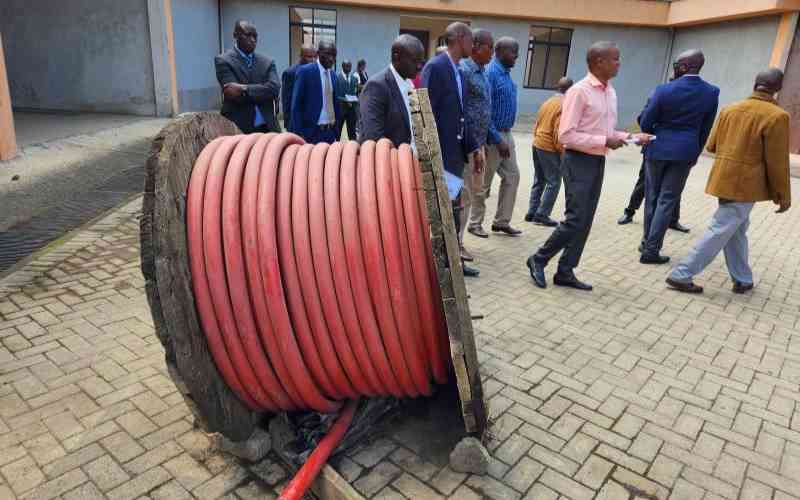×
The Standard e-Paper
Home To Bold Columnists

Economists have raised a red flag after it emerged that the Kenya Kwanza government has imposed a freeze on all new capital spending commitments.
The government has also issued fresh austerity measures, which top National Treasury officials describe as necessary, as the administration struggles to find a way out of a deepening revenue crisis.